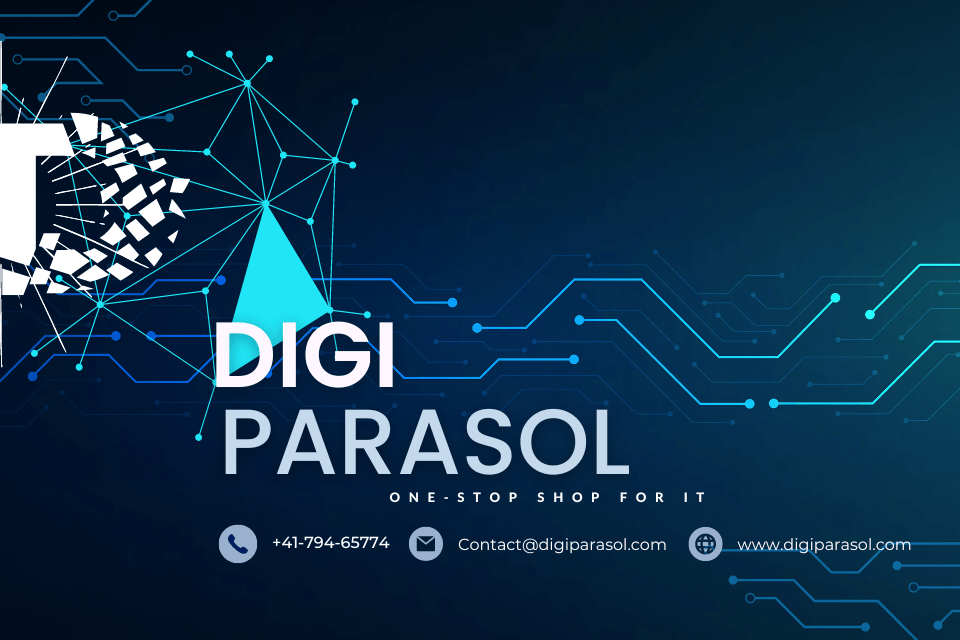Introduction
The rapid advancement of technology has brought about significant changes in various aspects of our lives. One such area that has seen a remarkable transformation is our homes. The concept of smart homes has become increasingly popular in recent years, with the integration of artificial intelligence (AI) playing a key role in paving the way for these intelligent living spaces.
AI apps are at the forefront of this revolution, providing homeowners with a range of innovative solutions to make their homes more convenient, efficient, and secure. From smart appliances to energy management systems, AI apps are redefining the way we interact with our living spaces. In this article, we will explore the different ways in which AI apps are transforming the concept of smart homes and the benefits they bring to homeowners.
The Evolution of Smart Homes
The concept of smart homes has been around for decades, but it is only in recent years that it has gained widespread acceptance and adoption. Smart homes are equipped with a range of connected devices that can be controlled and monitored remotely using a smartphone or a computer. These devices include everything from smart thermostats and lighting systems to security cameras and door locks.
The evolution of smart homes has been driven by advancements in technology, particularly in the field of AI. AI technology has enabled devices to learn from user behavior, anticipate their needs, and adapt to their preferences. This has led to the development of AI-powered apps that can analyze data in real-time, automate routine tasks, and provide personalized recommendations to users.
AI Apps: Paving the Way for Smart Homes
AI apps are central to the functioning of smart homes, providing homeowners with a range of benefits and capabilities. Here are some of the ways in which AI apps are transforming the concept of smart homes:
1. Personalized Comfort
One of the key advantages of AI apps in smart homes is their ability to provide personalized comfort to homeowners. By analyzing data on user behavior and preferences, AI apps can adjust the temperature, lighting, and other settings in the home to create a comfortable environment for residents. For example, a smart thermostat powered by AI can learn the temperature preferences of different family members and adjust the settings accordingly.
2. Energy Efficiency
AI apps are also instrumental in making smart homes more energy-efficient. By monitoring energy consumption patterns and analyzing data on usage, AI apps can identify areas where energy is being wasted and suggest ways to reduce consumption. For instance, AI apps can optimize the usage of appliances based on time of day, weather conditions, and other factors to minimize energy usage without compromising comfort.
3. Enhanced Security
Security is a top priority for homeowners, and AI apps are playing a crucial role in enhancing the security of smart homes. AI-powered security systems can analyze data from cameras, motion sensors, and other devices to detect and respond to potential threats in real-time. For example, AI apps can send alerts to homeowners when unusual activity is detected or automatically lock doors and windows in case of a break-in.
4. Remote Monitoring and Control
AI apps enable homeowners to monitor and control their smart homes remotely, providing them with peace of mind and convenience. Whether they are at work, on vacation, or simply in another room, homeowners can use AI apps to check the status of their appliances, adjust settings, and receive notifications about any important events. This real-time access to their homes allows homeowners to stay connected and in control at all times.
5. Predictive Maintenance
AI apps can also help homeowners in maintaining their smart home devices by predicting when they are likely to require maintenance or replacement. By analyzing data on device performance, usage patterns, and other factors, AI apps can identify potential issues before they escalate into major problems. This proactive approach to maintenance can save homeowners time and money by preventing costly repairs and replacements.
Challenges and Considerations
While AI apps have brought about significant improvements in smart homes, there are also challenges and considerations that homeowners need to be aware of. Some of the key challenges include:
1. Privacy and Security Concerns
As AI apps collect and analyze large amounts of data from smart home devices, there are concerns about privacy and security. Homeowners need to ensure that their data is secure and protected from unauthorized access. It is important to choose reputable AI apps and devices that prioritize data privacy and compliance with regulations.
2. Compatibility Issues
Another challenge with AI apps in smart homes is compatibility with existing devices and systems. Some AI apps may not be compatible with certain devices or may require additional hardware or software for integration. Homeowners should research and choose AI apps that are compatible with their existing smart home devices to avoid compatibility issues.
3. Technical Complexity
AI apps can be complex to set up and configure, requiring a certain level of technical knowledge and expertise. Homeowners may need to invest time and effort in learning how to use AI apps effectively and troubleshoot any issues that arise. It is important to consider the technical complexity of AI apps before incorporating them into a smart home.
Conclusion
AI apps are paving the way for smart homes by providing homeowners with a range of innovative solutions to make their living spaces more convenient, efficient, and secure. From personalized comfort and energy efficiency to enhanced security and remote monitoring, AI apps are transforming the way we interact with our homes. While there are challenges and considerations to be aware of, the benefits of AI apps in smart homes outweigh the drawbacks. As technology continues to advance, AI apps will play an increasingly important role in shaping the future of smart homes and improving the quality of life for homeowners.


